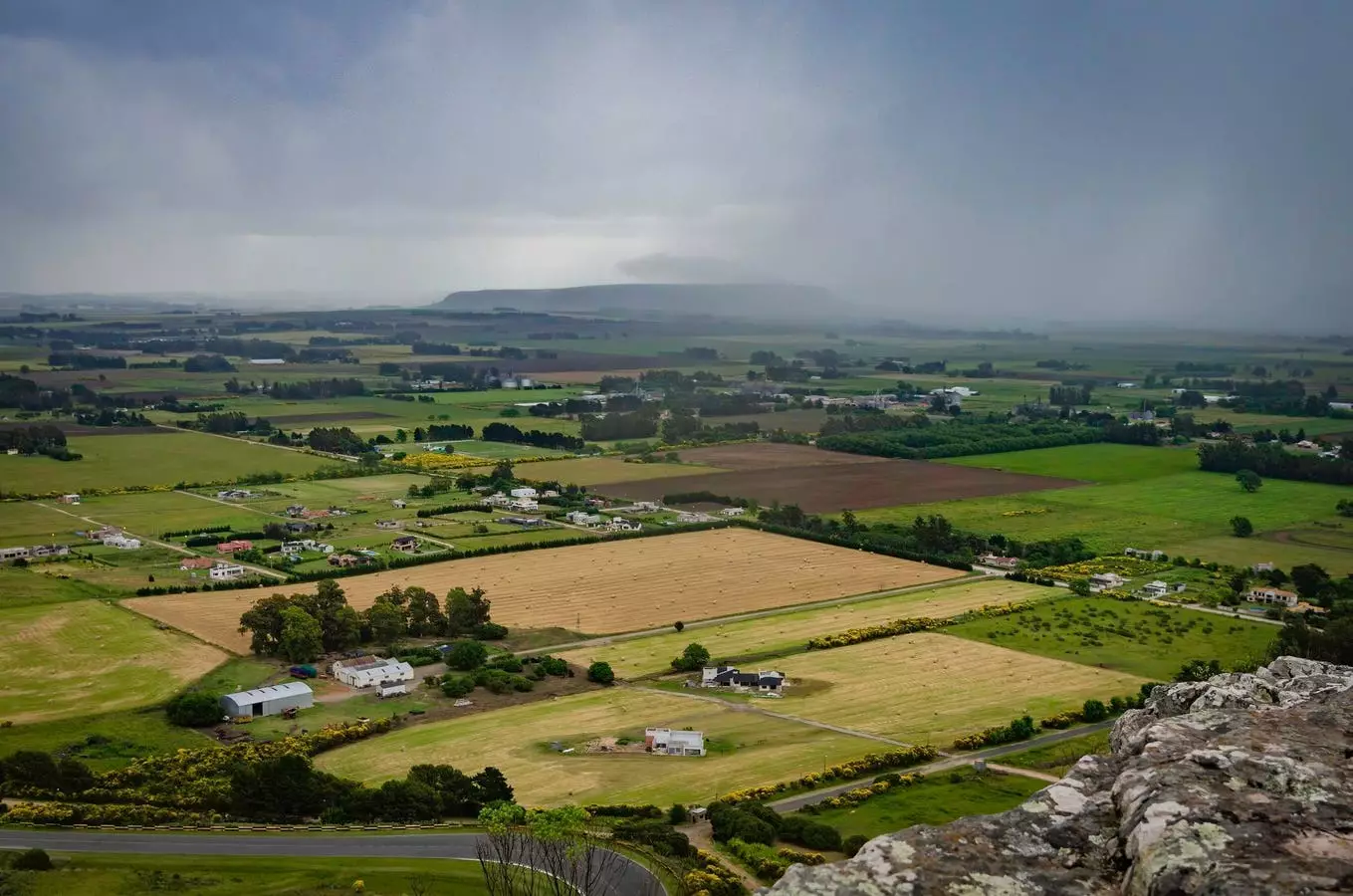In our technologically advanced world, the profound influence of weather on our daily lives is often overshadowed by our ability to control our environments. With the power of heating, ventilation, and air conditioning, most people can isolate themselves from external conditions, effectively rendering the weather a mere background concern. However, for select industries—most notably agriculture—the impact of meteorological phenomena cannot be easily dismissed. For farmers, unpredictable weather patterns can dictate not only their day-to-day operations but also their long-term financial viability.
While individuals can rely on short-term forecasts to navigate everyday inconvenience, it becomes increasingly clear that a longer-term weather outlook could unlock substantial advantages for various businesses. Take, for example, a women’s clothing retailer who might afford to stock up on summer apparel if she anticipates warmer months ahead. Similarly, a brewery may prepare for an influx of customers longing for cold beverages. Yet, few sectors are as intricately entwined with the whims of weather as agriculture.
Controlled Atmosphere Agriculture: A Viable Solution
For some farmers, Controlled Atmosphere Agriculture (CEA) has emerged as a beacon of hope. In this controlled environment, agriculture can flourish irrespective of the whims of the weather outside. CEA facilities allow for precise manipulation of temperature, humidity, and light, creating optimal conditions for high-value crops. However, this avenue is far from feasible for all agricultural operations due to the significant investments required for setup and maintenance.
For the vast majority of farmers still relying on traditional outdoor farming, the realities of climate are unpredictable. Their harvests are dictated by seasonal patterns—be it bitter cold, scorching heat, irregular rainfall, or extended droughts. Critical decisions about planting times, crop varieties, and resource allocation hinge on weather forecasts that often extend just a few days into the future, lacking the foresight necessary for strategic planning.
FarmCast®: The Future of Agricultural Forecasting
The quest for reliable long-term weather predictions has led to the development of innovative services such as FarmCast®, emerging from the minds of weatherTrends360, a company founded in 2002 by Bill Kirk. Unlike traditional weather forecasts that cap out at a mere two weeks, FarmCast® dives deeper into weather patterns by analyzing 23 different macro-cycles and atmospheric flows. Its algorithms employ an extensive database containing 150 years of climate readings, allowing it to project weather conditions a year in advance for locations around the globe.
This capability is not just an academic exercise; it has practical implications. Farmers can anticipate not only droughts but also other extreme weather events such as unexpected frosts or floods, all of which can heavily influence crop yields. Such predictive models empower farmers to make educated choices, adapting their farming strategies to better align with anticipated climatic shifts.
Empowering Farmers: Strategic Decisions with Insight
The ability to foresee weather conditions months in advance arms farmers with the knowledge necessary to optimize their agricultural practices. For instance, if forecasts indicate particularly dry weather is on the horizon, a savvy farmer could opt to invest in drought-resistant crop varieties. Furthermore, insights on when the frost-free season will last can dictate rotating crops or implementing relay cropping to maximize yield throughout the year.
FarmCast® does not only serve farmers; its application extends to grain traders and agricultural advisory entities. Local cooperatives and agri-chemical retailers are revolutionizing their support systems by integrating these advanced forecasting services. They can help farmers navigate complex decisions, including those influenced by weather conditions or yield prospects from competitive countries like Brazil or Argentina. When foreign markets are likely to yield bumper crops, understanding that dynamic allows an American farmer to make necessary adjustments in their crop selections to sustain profitability.
Leveraging AI for Enhanced Decision-Making
Looking to the future, collaboration between FarmCast® and AI technologies, like AiQ Pro’s virtual assistant ‘Andy’, is reshaping the landscape of agricultural decision-making. Andy not only provides farmers with quick answers to pressing questions, but also serves as a tool for training and education for those who are less experienced. This convergence of weather prediction and artificial intelligence signals a substantial evolution in how farmers approach their operations, making data-driven decisions accessible and actionable.
Indeed, the advent of advanced weather forecasting techniques could determine the success or failure of farming enterprises in an era marked by climate variability. By harnessing predictive insights, farmers can not only safeguard their harvests but also position themselves competitively in a global marketplace. In an industry historically dependent on the whims of weather, the emergence of tools like FarmCast® and AI assistance offers a promising avenue for resilience and prosperity against the backdrop of a changing climate.


Leave a Reply